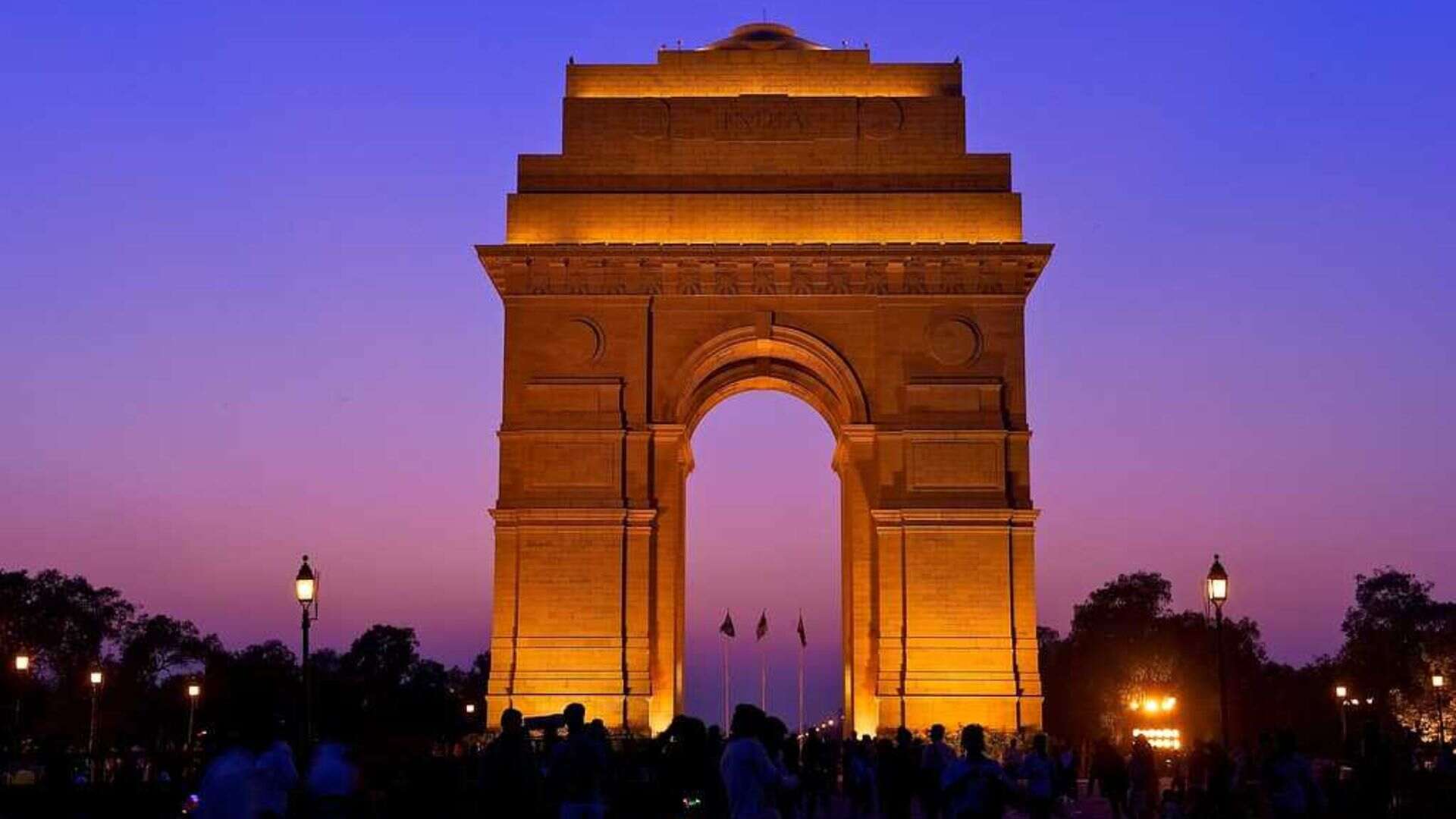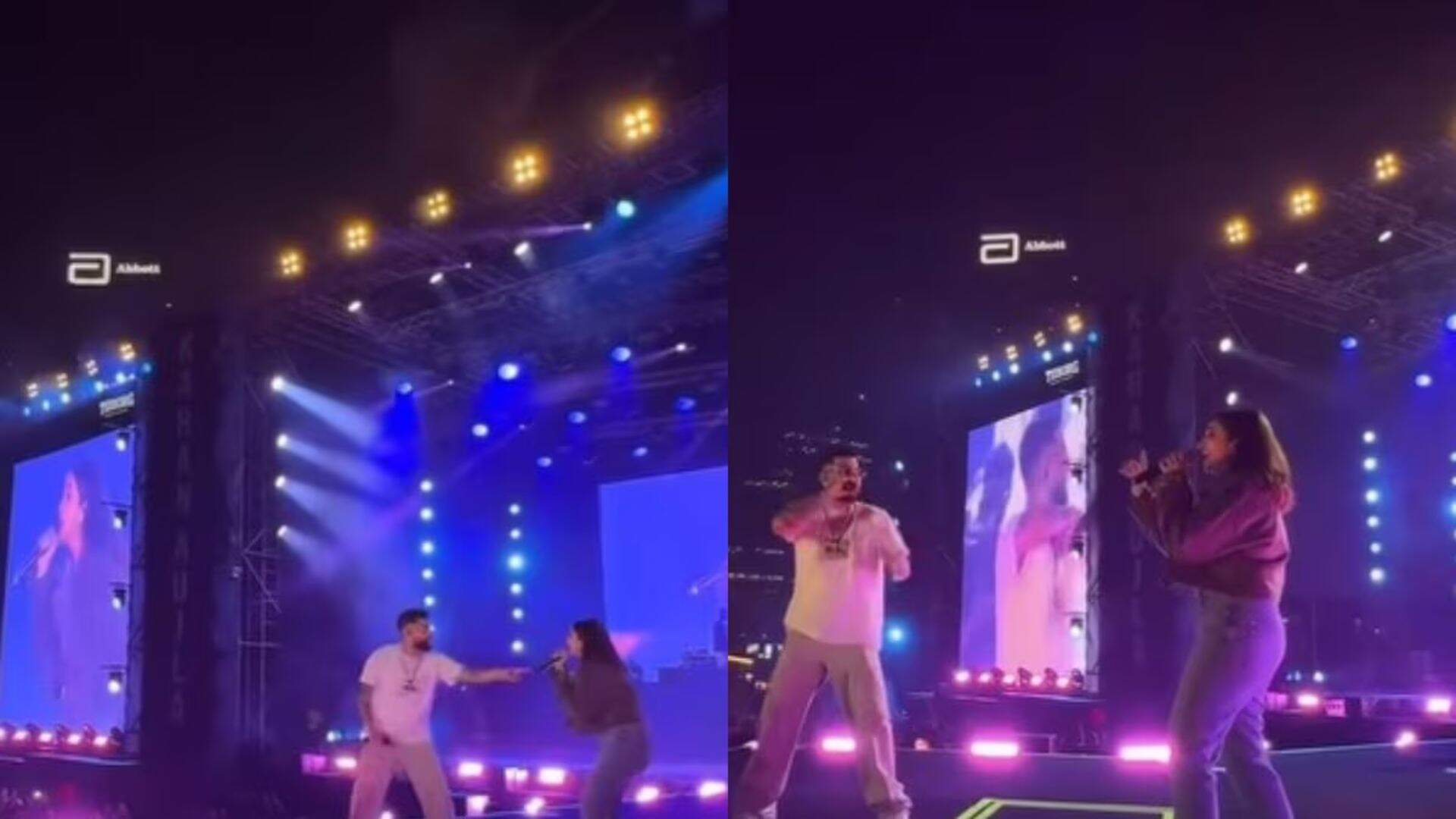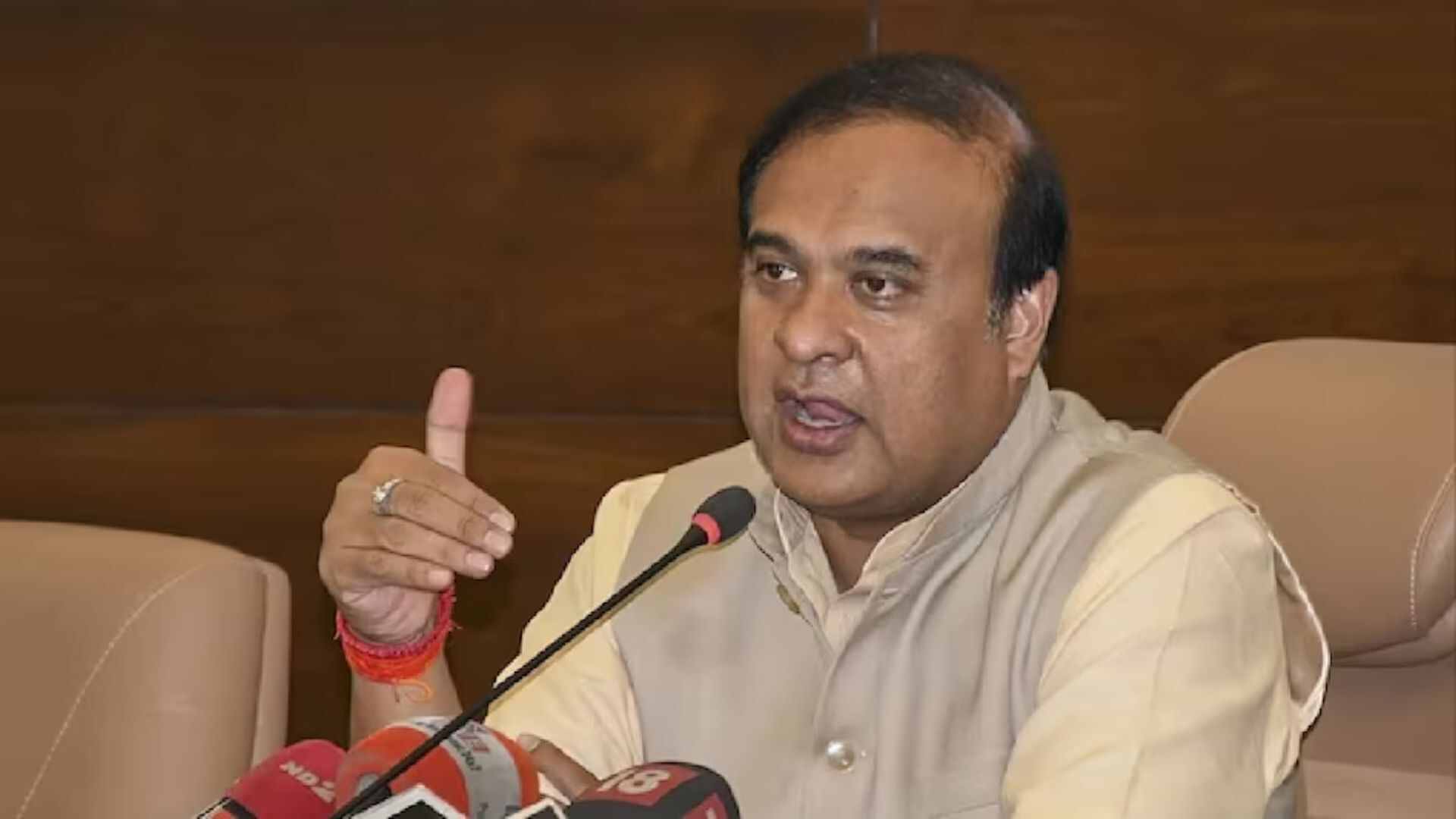Delhi residents are facing difficulties travelling on Friday as the autorickshaw and taxi drivers’ strike entered its second day. Commuters have struggled to find vehicles for last-mile connectivity. While several unions have chosen not to participate in the strike, its impact is still being felt in certain areas.
Auto-taxi unions in Delhi-NCR are protesting against the influence of app-based services like Ola and Uber, which have significantly reduced their earnings and imposed high commissions. The unions argue that both central and state governments have ignored their concerns despite repeated appeals, and they are calling for government intervention to regulate these services and ensure fair compensation for drivers.
Kishan Verma, President of the Delhi Auto Taxi Transport Congress Union, stated that they have repeatedly raised their concerns with the authorities, but their pleas have gone unheard. He accused the government of being involved in a “game of donations” with these companies and demanded an end to this practice. Verma also made serious allegations against Ola and Uber drivers, claiming they are involved in unethical activities, including the trade of alcohol and drugs as well as smuggling.
Kamljeet Kaur, a visitor from Punjab, said she was unable to hire an auto to her relative’s place in Rajouri Garden. “At least two drivers offered a Rs. 300 fare, which is more than double the usual rate. They said autos were scarce due to the strike, but I saw many autos operating when I left the station,” Kaur noted.
Rohan Sharma, a Delhi University student, said, “Caught in the middle of the auto and cab strike, one realises just how crucial mobility is to our daily lives and how quickly our routines can be disrupted.”
Arun Singh told the Daily Guardian that he arrived late to his office due to the strike. “I couldn’t find any cars on the street today because of the strike, which made me late for work,” he said.
Priya Kaur mentioned that her daughter had to wait outside the school for over half an hour because she couldn’t find an auto on time to pick her up.
Gautam from Mayur Vihar Phase I noted that the strike left him without a ride to the office, forcing him to rely on a friend’s assistance due to the scarcity of autos on the streets.
Manoj Pal, who takes an auto daily to travel to the office, said, Stranded by the auto and cab strike, I felt firsthand how essential transportation is to our daily routines, as a sudden lack of it turned an ordinary day into a struggle.







